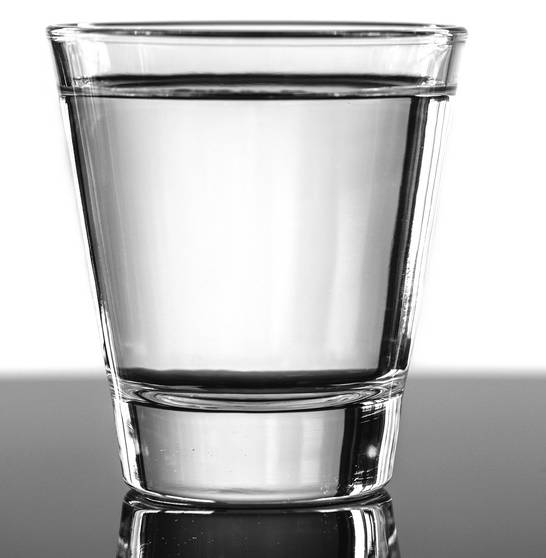Where Foods Should Go To Wood Gas And Blowing? Gas and bloating can be caused by various factors including certain foods that are known to be harder to digest. To avoid exacerbating these symptoms, consider incorporating the following foods into your diet:
Low-FODMAP Foods:
FODMAPs (fermentable oligosaccharides, disaccharides, monosaccharides, and polyols) are types of carbohydrates that can be difficult for some people to digest. Consuming low-FODMAP foods can help reduce gas and bloating. Examples include rice, quinoa, oats, bananas, strawberries, blueberries, carrots, cucumbers, bell peppers, spinach, and lactose-free dairy products.
Lean Proteins:
Opt for lean protein sources such as poultry (chicken, turkey), fish, eggs, and tofu. These are generally easier to digest compared to fatty or heavily processed meats.
Non-Gassy Vegetables:
Certain vegetables are less likely to cause gas and bloating. These include leafy greens (spinach, kale), zucchini, squash, tomatoes, and green beans. Cooking these vegetables can also make them easier to digest.
Low-Fructose Fruits:
Choose fruits that are lower in fructose, such as berries, citrus fruits (like oranges and grapefruits), grapes, and kiwi. These fruits are less likely to cause gas and bloating compared to high-fructose fruits like apples, pears, and cherries.
Whole Grains:
Stick to whole grains like brown rice, quinoa, oats, and barley instead of refined grains. Whole grains contain more fiber, which can promote healthy digestion and reduce bloating.
Fermented Foods:
Incorporate fermented foods into your diet, such as yogurt with live active cultures, kefir, kombucha, sauerkraut, and miso. These foods contain probiotics, which can help improve gut health and reduce gas.
Herbal Teas:
Peppermint tea, ginger tea, and chamomile tea are known for their digestive properties and can help alleviate gas and bloating.
Drink Plenty of Water:
Staying hydrated is essential for proper digestion. Aim to drink at least 8 glasses of water per day to keep your digestive system running smoothly.
Remember to listen to your body and pay attention to how different foods affect you individually. It may also be helpful to keep a food diary to track which foods trigger gas and bloating for you personally. If symptoms persist or worsen, consider consulting with a healthcare professional for personalized advice.








